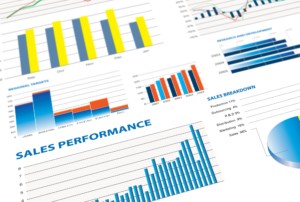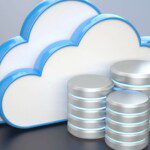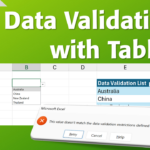Data is the oil of the 21st Century – Analytics is the engine
“Data … the next natural resource”
(Virginia Rometty, CEO, IBM, 2013)
Oil – the commodity that got us here
Current generations might be forgiven for being blasé about the mega role of oil in our daily lives. For most of us, it has always been a given, therefore we seldom take a moment, if ever, to try and imagine a life without it.
From bitumen for waterproofing boats thousands of years ago, to a preservative for corpses before burial, to fuel for lighting homes and streets, to powering transport and even warships and aviation, oil has been and continues to be the major source of energy globally.
Data – the next natural resource
Much like the vast, untapped lakes of oil of earlier millennia, we are now sitting on massive seas of facts, figures and detail. In addition, our technology continues to stream ever-increasing rivers of new data into this pool every second of every day.
Yet, unlike fossil fuels, data isn’t depleted when you use it and has a miniscule environmental footprint.
In fact, knowledge derived from data has enabled us to develop clean, renewable energy sources, which are inexhaustible and significantly healthier for us all.
Harness the power of data analytics
In the same way as engines are required to convert oil into energy, so analytics are required to extract the value form data.
Only then can insights follow, which, when applied, can be used to produce business benefits such as:
- Eliminating the cost of waste or downtime e.g. identifying when resources/teams/individuals are under-utilised. Why is one more productive than another? Where is this occurring?
- Identifying new revenue opportunities by examining sales margins on products/services or by salesperson. Why do we have more market share in one area than another? What are the demographics and motivations of customers? Which customers are likely to buy again if
we offer something to them? - Reducing risk by identifying types of repeated safety incidents, areas of non-compliance with processes, anomalies, and unusual activity.
ALL enterprises are
- Collecting data in marketing, finance, sales, entertainment, human resources, payroll, risk, operations etc. Some of this even happens automatically e.g. Google Analytics on a company’s web site, items in your Inbox, or click-throughs on a newsletter.
- Storing data. Much of a company’s data is held in database systems, ERP systems, spreadsheets, disparate cloud systems, text files etc.
Every enterprise collects and stores data.
SMART enterprises also:
- Connect their data together – so that hits on a website can be used to predict sales of a product, or demographics and customer sales data can show market share and sales opportunities.
- Analyse their data – to gain insights into what’s actually happening in their businesses.
- Take action using the insights and knowledge gained from up-to-the-moment data to make better decisions about optimising activities, and to make more accurate predictions about future performance.
This provides them with a distinct edge over
companies that aren’t doing this.
Seize the future
Oil was the economic driver of the last century. It created massive opportunities and wealth for economies worldwide.
Data and analytics have the same potential.
They are providing smart companies with incredibly valuable sources of competitive advantage, and creating new opportunities for smart businesses to create wealth and benefit in the 21st century.
Don’t get left behind.
Start analysing and using your data today!









